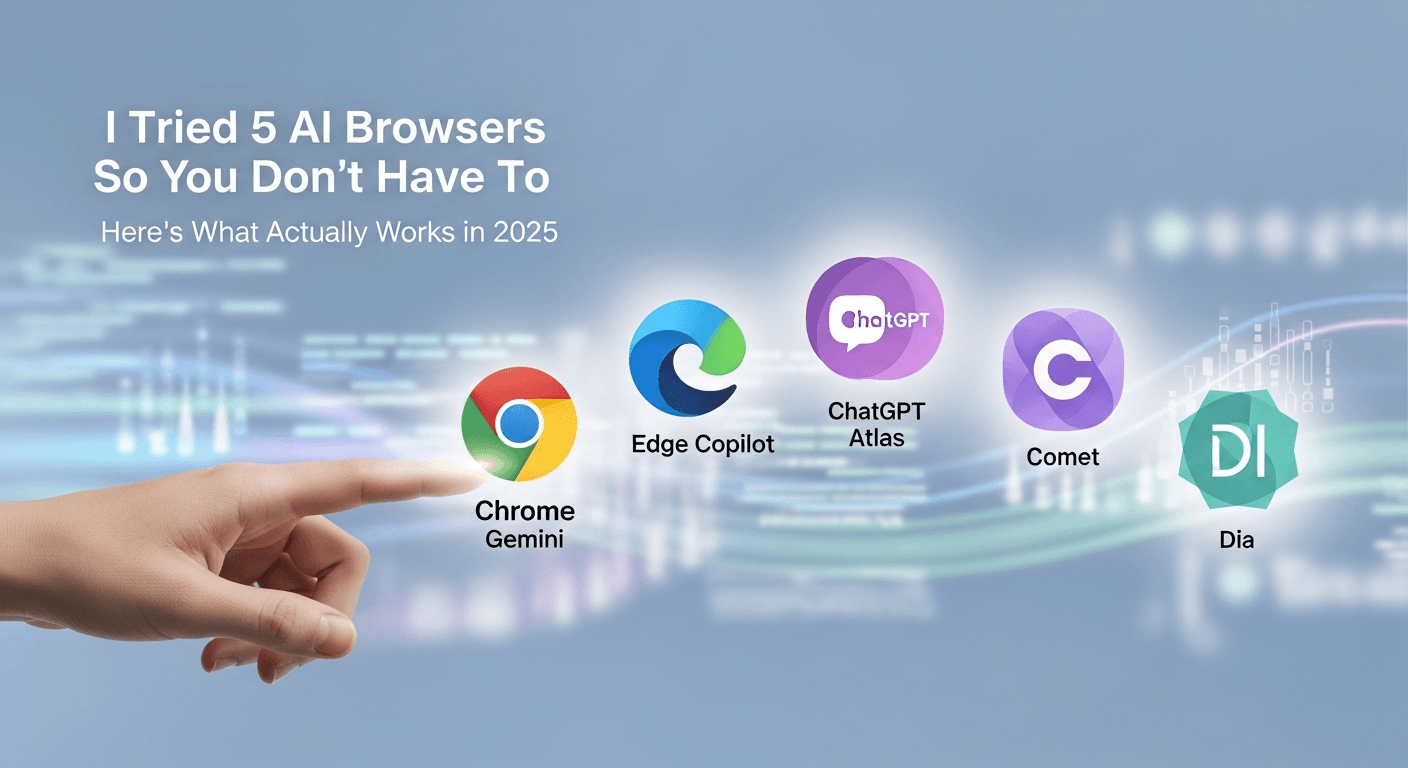
How AI May Pose Privacy Risks: Understanding the Concerns
Understanding the Privacy Concerns of AI
Artificial Intelligence (AI) is revolutionizing industries worldwide, but with its growth comes increased scrutiny over privacy and data security. A recent study by Google’s DeepMind highlights potential risks associated with AI models, like the popular ChatGPT, which could inadvertently leak sensitive information.
What the Study Reveals
In a groundbreaking report, DeepMind researchers have outlined how AI systems, through their training data and functionality, can expose private information. While these models are designed to assist users by generating relevant and coherent responses, they may sometimes echo the specific fragments of the input they were trained on. This echo could lead to the exposure of confidential or sensitive information.
The Mechanics Behind AI Model Training
AI models, including ChatGPT, learn from vast datasets. These data pools may inadvertently contain personal details, which the AI can regurgitate in responses. This risk underscores the need for meticulous data filtering and privacy protection measures during the training phase.
According to a Nature article, training on diverse and sensitive datasets without proper anonymization or privacy safeguards increases the likelihood of privacy breaches.
Broader Implications and Recommendations
Such risks are not limited to AI developers. Companies and users leveraging AI technologies for customer interaction or data analysis need to be conscious of these potential vulnerabilities.
- Data Privacy Laws: Strengthening regulations like GDPR and CCPA can enforce stringent data protection measures.
- AI Model Development: Encourage companies to implement differential privacy techniques, which add noise to data, reducing the chance of data replication.
- User Awareness: Educate users on providing minimal personal information when interacting with AI systems.
A Wired article discusses how incorporating ethical AI principles during design and deployment can help mitigate these risks.
The Role of Companies and Governments
Both companies developing AI technologies and governments must work collaboratively to establish standards that protect users’ privacy. Ongoing efforts by organizations and policymakers are integral to fostering a secure AI-driven future.
Conclusion
As AI continues to evolve, so too must our strategies for ensuring data privacy and security. Greater transparency in AI processes, enhanced user education, and robust privacy frameworks are essential steps towards safeguarding sensitive data in an AI-powered world.
FAQs
- What is the main privacy concern with AI models like ChatGPT?
A key concern is that AI models might inadvertently repeat sensitive information from their training data, potentially leading to privacy breaches.
- How can AI models be made more secure?
By incorporating differential privacy practices and ensuring comprehensive data anonymization during the training process.
- What role does government regulation play?
Governments can enforce strict data privacy laws and regulations to ensure companies adhere to best practices in AI development and deployment.
- How can businesses ensure their AI use is ethical?
By embracing ethical AI principles and being transparent about how data is managed and protected.
- Why is user awareness important?
Educated users are better equipped to protect their personal information and understand the potential risks of AI interactions.
Sources
Thank You for Reading this Blog and See You Soon! 🙏 👋
Let's connect 🚀
Latest Insights
Deep dives into AI, Engineering, and the Future of Tech.

I Tried 5 AI Browsers So You Don’t Have To: Here’s What Actually Works in 2025
I explored 5 AI browsers—Chrome Gemini, Edge Copilot, ChatGPT Atlas, Comet, and Dia—to find out what works. Here are insights, advantages, and safety recommendations.
Read Article


